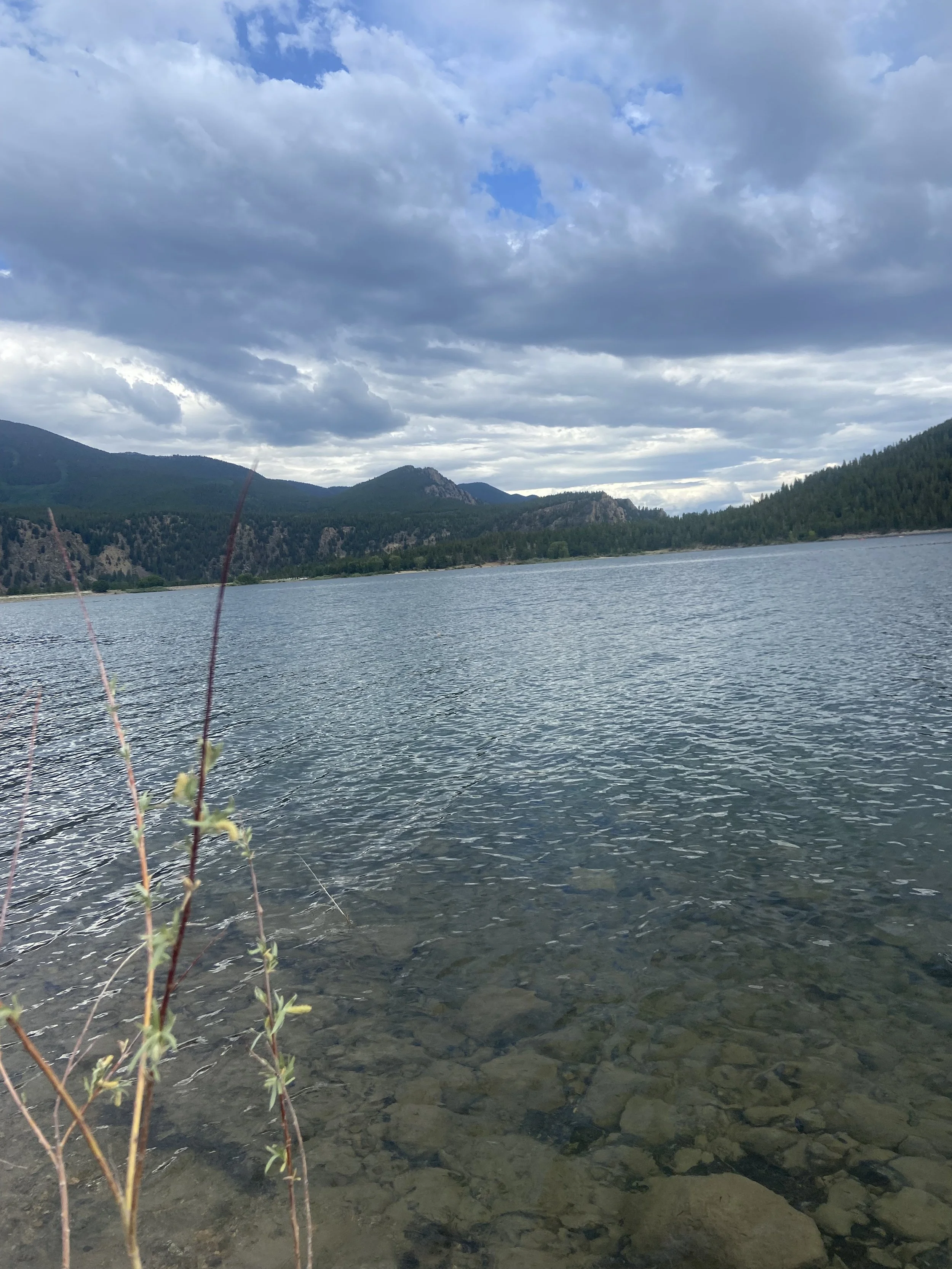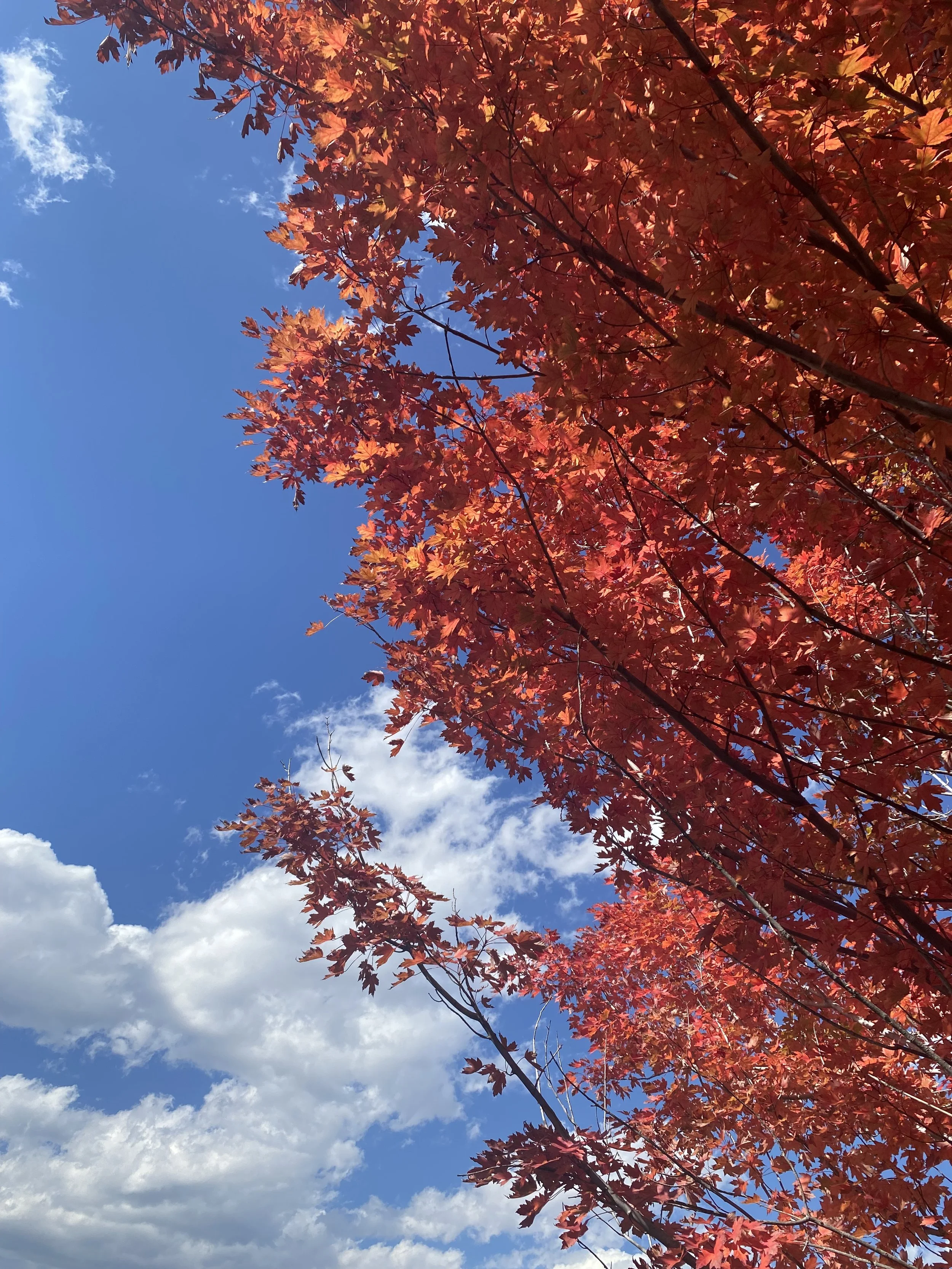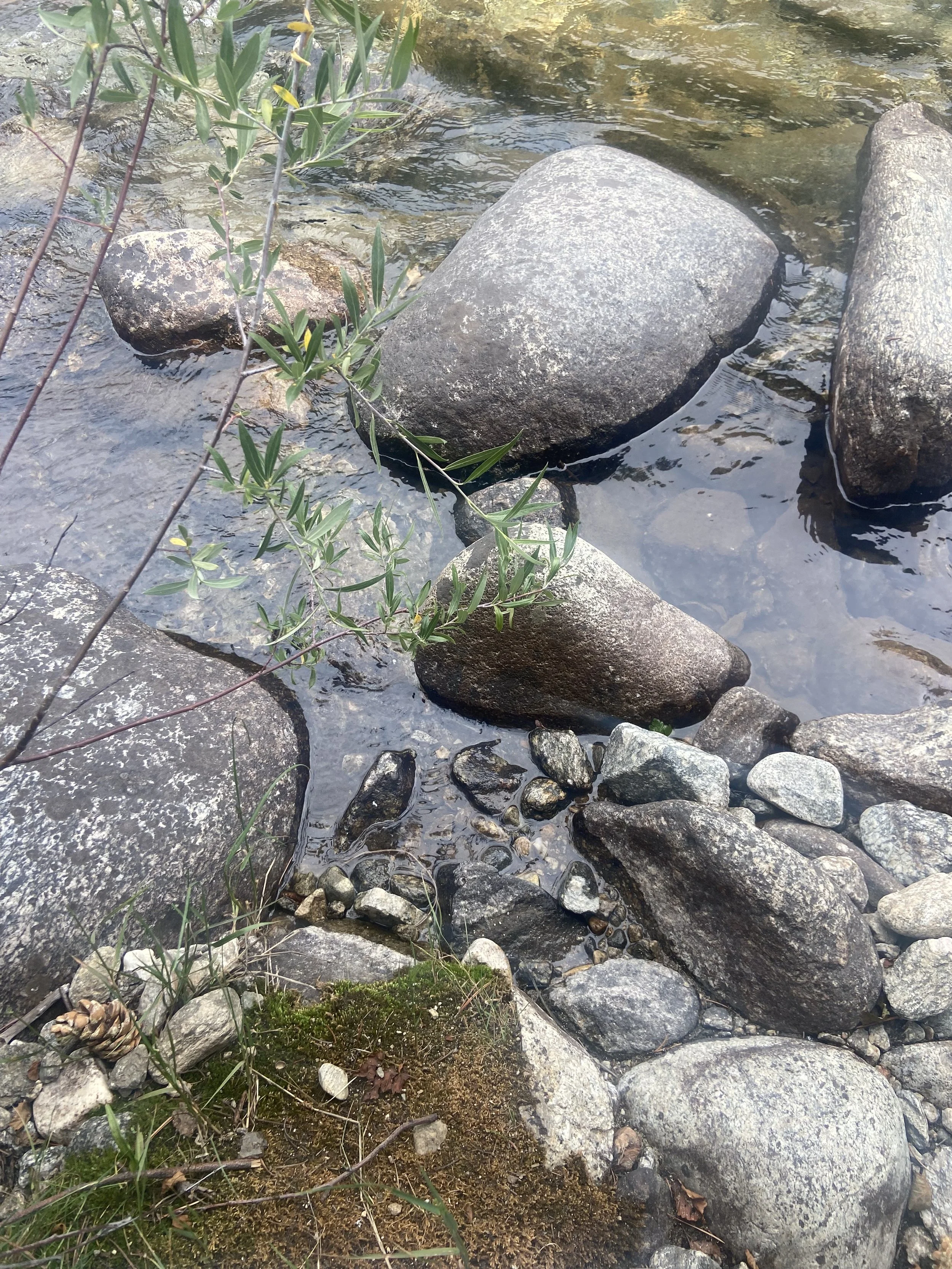I have been thinking about how Paul talks about “learning” contentment and being “trained” in the secret of overcoming all things in Philippians 4:11-13. Sometimes I have some sense that I’m supposed to just know how to be content, and then there is much self-criticism when I’m not. But I like Paul’s take on it—we get to learn contentment.
How do we learn it? By being trained in seeing things differently. Jesus keeps reminding us of who He is, His strength and power within us to accomplish anything. He also reminds us of who He has made us to be—conquerors in Him. But we don’t see these truths often when we are covered up by fear, worry, doubt and general discontentment with our lives.
I recently learned the meaning of the word “yadah” in Hebrew. The word means “give thanks” but not in a trite, flippant way. It implies the thrusting of hands up in worship, and is often used when people in the Old Testament are in the middle of a mess. Jonah uses it when in the belly of the whale, David when in danger, and others when they have not seen the victory or deliverance yet. There is a sacrifice that comes with praise, especially when you don’t feel like praising God in the middle of the difficulty.

I was having a moment last week where I finally cried out, saying “I’m so needy!” And God’s response was so gentle—I love needy people.
Dependence is never criticized when it comes to relationship with God. He loves it when we walk in dependence and trust in Him. Sometimes we make ourselves needy for other people or circumstances to change, but this doesn’t bring the desired result. Other people won’t be able to meet our needs, and change in circumstances is only temporary. Instead, we can come to Him when we are weary, heavy-laden and desperate.
He will not receive us with disappointment as we might expect. Instead, He welcomes us with open arms and holds us close to infuse us with rest and peace. God loves to bring us close when we will let Him do so.

God of the last minute, the rushed, the unplanned.
Thank you that you don’t get stressed.
You aren’t wondering how to get through.
You see the whole, and yet know we see only the part.
Thank you for your patience with me
As I freak out a little and wonder why.
Thank you that you’re always ready
For me to run to your everlasting arms.
Thank you that I haven’t messed it up--
I know I don’t have that much power.
That you are always bringing reversals
When we least expect or hope for them.
Life from death, hope from despair,
Flowers from ashes, joy from pain,
Peace from chaos, freedom from chains,
A Shepherd in the valley of the shadow of death.

I started this week with regret. I had such a busy weekend, and didn’t have the prayer time throughout the day that I like to remember. I felt stupid—like I had failed God because I didn’t have conversations with Him over the weekend like I usually do. And I told Him I was sorry. His response was so beautiful—I am always faithful. Just come. Leave regret and guilt behind and come to me. I have never left.
So often I feel my relationship with Jesus depends on my meeting a set of standards and expectations I have for myself. I think that when I fail to meet these, I am failing Him and He might leave me or reject me because I’m not doing enough. That’s an enormous amount of pressure, especially for someone who messes up all the time!
But over and over again in Scripture and in my life, Jesus has proved Himself faithful even when people are faithless. He remains consistent, even when we are angry or rejecting of Him. He remembers us even when we forget.

Some days I feel like a one-string banjo player—I just keep talking about the same thing over and over. But I know that this is what God has equipped me for, and continues to empower through me. My repetition? Your identity in Christ and deepening relationship with Him no matter what the circumstances. Some might question why I keep harping on these things.
Why is your identity in Christ so important? Because most of the stupid choices we make or the things we try to fill our lives with are because we have no idea who we are. We try to make sex our god, using others and letting them use us with no idea of what we are worth outside of physical appearance. We live at the top-level of stress because of a career we believe defines us, all while terrified that we might not have identity without it. Things get really dicey when we retire or lose a job. So many of us are constantly thirsting for acceptance and love, believing if we could just find the right combination of satiation we would be filled up.
Instead, I want to wake people up to who Jesus calls them—beloved, accepted, worthy, known, heard, remembered, complete, lacking nothing, purposeful, forgiven, valued. And all of this is based in who He is, so we can’t mess it up. If you don’t know who you are and have tried to figure it out through all sorts of different means, stop and ask Him right now. He loves to tell His kids how much He adores them.

